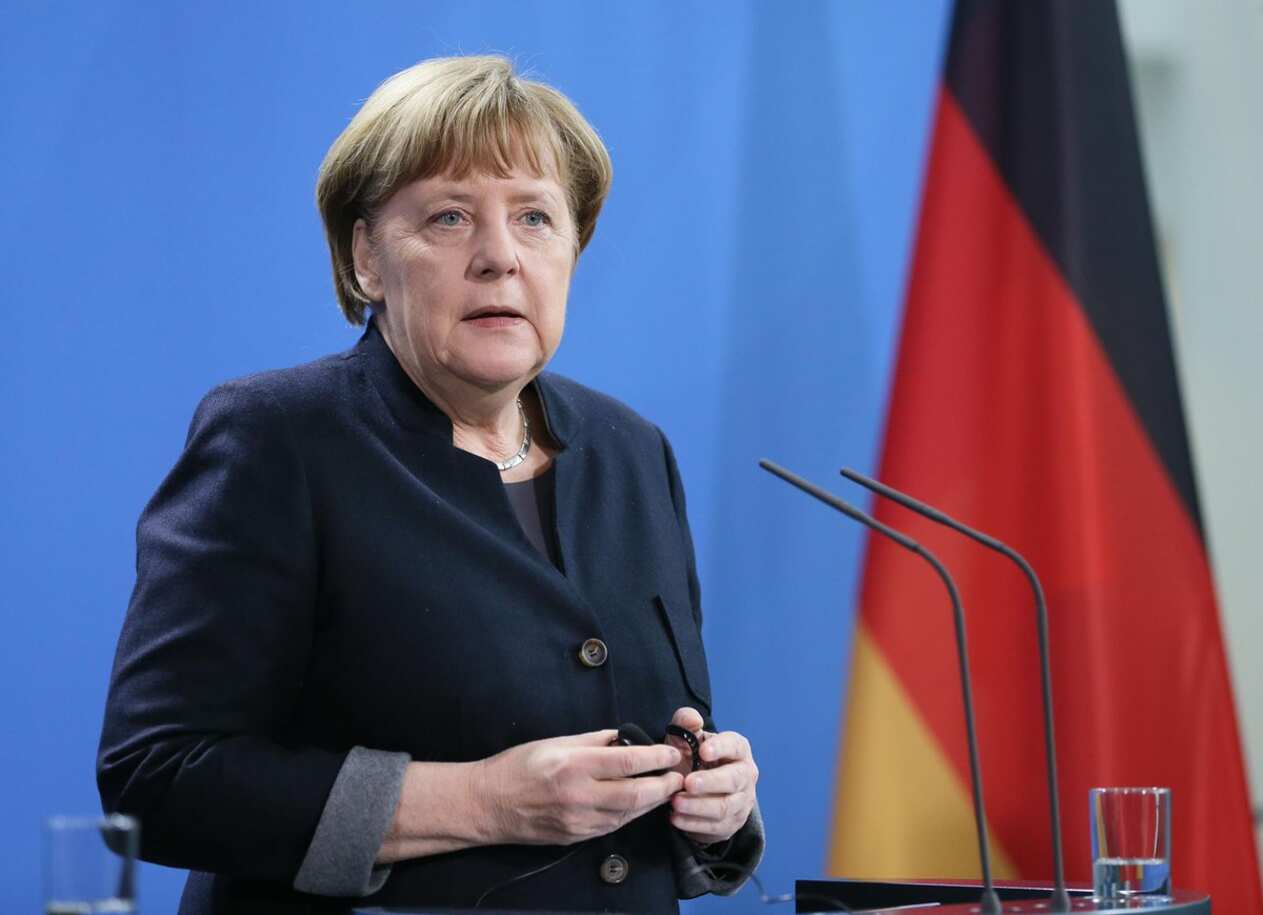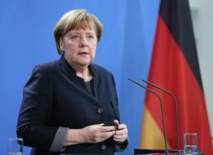Under current German law passed two years ago, social media networks are required to delete offensive material when their attention is drawn to them.
Posts containing clearly criminal content under hate speech and terrorist propaganda laws must be deleted within 24 hours, while complaints from users must be responded to within 48 hours.
In addition, the companies must publish a report on how they deal with complaints twice a year.
Under the additional new rules, which have still to be passed by parliament, if a post that has been reported is not removed, users could demand an assessment and explanation.
Among the changes proposed is that the networks must not only delete murder threats and the like but also report them to the Federal Criminal Police (BKA).
The platforms would also be required to reveal the identities of the offenders more swiftly, providing a court has ordered such action.
"With these reforms, we are strengthening the rights of the users of social networks," Justice Minister Christine Lambrecht said.
"Anyone feeling threatened or insulted online must have the option of indicating this to the social network in a simple way," Lambrecht said.
The current situation is that links and screenshots have to be copied manually to another location, whereas the new provisions would allow complaints directly from the offending post.
Both sides in a conflict - both the person making the post and the person offended by it - will be able to demand that the network review its decision, either to delete or not to do so.
Facebook, Twitter, Instagram and other social media will then have to justify their decision to delete a post, or not to do so.
The companies have been critical of the current law as transferring the duties of the state in implementing the law to international companies.
The Justice Ministry has rejected this, saying that even if the providers first have to check whether contents are of a criminal nature, the final decision lies with the courts.
The head of the Bitkom association for Germany's IT sector, Bernard Rohleder, said the reforms failed to address shortcomings in the current law.
"The new reforms lead to even greater uncertainty and not to greater transparency," he said, highlighting ambiguous legal concepts and a lack of clarity on the rules for deleting contents.
Another difficulty was the difference in how video sharing platforms and the social networks were treated, Rohleder said.
The German government held the country of origin responsible for providers of video sharing, while the target country was responsible for the social networks, he noted, calling for a completely new approach to fighting hate speech on the internet.
Posts containing clearly criminal content under hate speech and terrorist propaganda laws must be deleted within 24 hours, while complaints from users must be responded to within 48 hours.
In addition, the companies must publish a report on how they deal with complaints twice a year.
Under the additional new rules, which have still to be passed by parliament, if a post that has been reported is not removed, users could demand an assessment and explanation.
Among the changes proposed is that the networks must not only delete murder threats and the like but also report them to the Federal Criminal Police (BKA).
The platforms would also be required to reveal the identities of the offenders more swiftly, providing a court has ordered such action.
"With these reforms, we are strengthening the rights of the users of social networks," Justice Minister Christine Lambrecht said.
"Anyone feeling threatened or insulted online must have the option of indicating this to the social network in a simple way," Lambrecht said.
The current situation is that links and screenshots have to be copied manually to another location, whereas the new provisions would allow complaints directly from the offending post.
Both sides in a conflict - both the person making the post and the person offended by it - will be able to demand that the network review its decision, either to delete or not to do so.
Facebook, Twitter, Instagram and other social media will then have to justify their decision to delete a post, or not to do so.
The companies have been critical of the current law as transferring the duties of the state in implementing the law to international companies.
The Justice Ministry has rejected this, saying that even if the providers first have to check whether contents are of a criminal nature, the final decision lies with the courts.
The head of the Bitkom association for Germany's IT sector, Bernard Rohleder, said the reforms failed to address shortcomings in the current law.
"The new reforms lead to even greater uncertainty and not to greater transparency," he said, highlighting ambiguous legal concepts and a lack of clarity on the rules for deleting contents.
Another difficulty was the difference in how video sharing platforms and the social networks were treated, Rohleder said.
The German government held the country of origin responsible for providers of video sharing, while the target country was responsible for the social networks, he noted, calling for a completely new approach to fighting hate speech on the internet.









 Home
Home Politics
Politics











